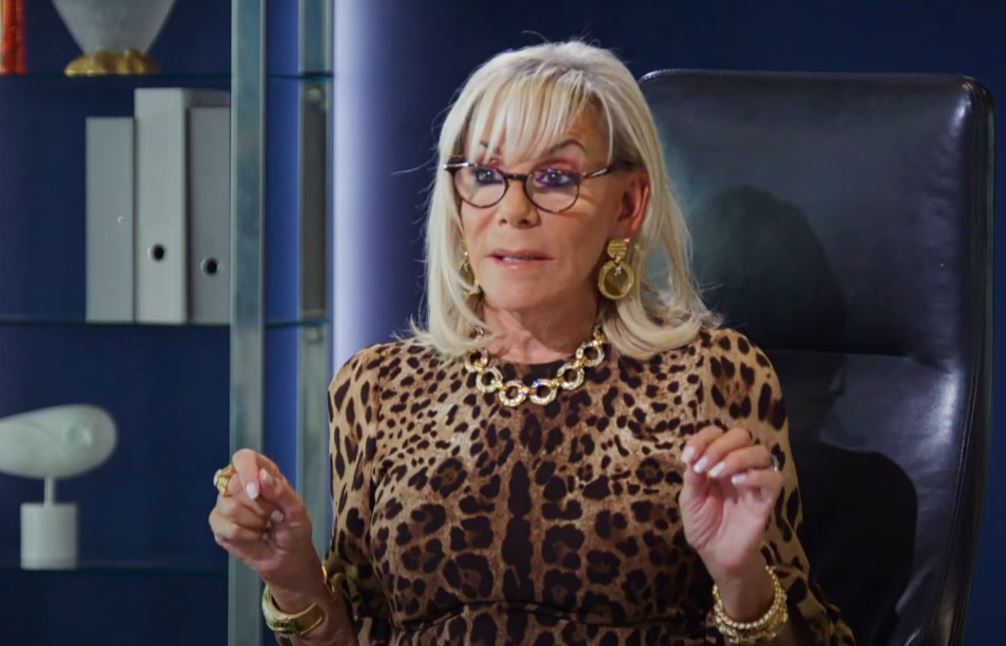Linda Plant’s path to success seems remarkably similar to constructing a soaring estate out of modest bricks—carefully, tenaciously, and with incredibly useful instincts refined through every obstacle. Her estimated $25 million net worth today is evidence of a life molded by unwavering perseverance, calculated growth, and an incredibly steady entrepreneurial vision.
Born into a modest family in Leeds, Linda was exposed to business at a very young age. She was selling stockings at a Saturday market by the time she was ten years old, not only making pocket money but also getting a firsthand look at the thrilling pulse of enterprise and negotiation. That early spark has grown into a highly successful empire spanning fashion, real estate, and design consulting over the last fifty years.
| Attribute | Details |
|---|---|
| Full Name | Mrs. Linda Plant |
| Date of Birth | January 1952 |
| Net Worth Estimate | $25 million |
| Major Businesses | Honeysuckle Fashion Brand, Property Development, Homerun Services |
| Career Milestones | Floated a fashion brand on London Stock Exchange, BBC’s The Apprentice Interviewer |
| Notable Assets | Palm Beach Apartment, Historic London Home |
| Public Profiles |
Linda showed maturity and business savvy well beyond her years when she dropped out of school at 16 to work full-time at the market to help her mother. She had already grown the family business into 13 profitable stalls by the time she was 21 years old, married, and had two kids. Linda’s greatest entrepreneurial leap was made possible by her remarkable early career transition into the fashion wholesale industry.
For its time, the development of the knitwear line Honeysuckle was especially inventive. Long before fast fashion took over, Linda was able to meet a growing demand by importing materials from Hong Kong and creating fashionable, affordable pieces. She became one of the first women to list a fashion brand on the London Stock Exchange, selling the brand for millions of dollars at the age of 29.
Her goals changed to real estate investing in the late 1980s, which turned out to be a very wise decision. She paid £137,000 for a large warehouse on Regent Street in Leeds, which she painstakingly transformed into 360 serviced apartments. She sold some of the space for a substantial profit while keeping a steady flow of rental income, which has significantly increased her long-term financial stability.

Linda’s real estate endeavors follow the strategy of real estate tycoons such as Richard Branson and Barbara Corcoran, who purchase assets at a discount, increase their value, and then sell or lease them when the market is ready. Linda’s philosophy—investing only in things you directly control and understand well—remains remarkably grounded, in contrast to many contemporary investors who rely heavily on speculative markets.
One of the most important aspects of her career has been her on-screen persona on The Apprentice. Linda, who is frequently referred to as the “Queen of Mean,” approaches her interviews with a remarkable clarity and rigor. Candidates who are subjected to her interrogation quickly realize that having a strong foundation of business logic and resilience is more important for success than having well-crafted responses. Her lively conversations with aspiring business owners frequently uncover latent strengths—or deadly flaws—quite quickly.
Beneath the tough exterior, however, is a dedication to mentorship and accessibility. She has significantly increased her reach to prospective business owners in the UK and abroad by starting the Linda Plant Academy and Business Blueprint Club. She offers live sessions, critiques, and individualized advice for a surprisingly low monthly fee of £20. Her community is lively and driven by practical business insights.
Linda’s model stands out significantly in the current entrepreneurial landscape. Although many younger influencers strive for fleeting celebrity, Linda’s approach of consistent asset accumulation, stable market positioning, and long-term planning has proven especially resilient. Her focus on real estate and material possessions has safeguarded her fortune during erratic economic fluctuations by drastically lowering her exposure to high-risk endeavors.
Anecdotes from her own life give her amazing story even more depth. In the 1980s, she spent £3,500 on a black Chanel organza dress from Paris, which is now worth about £25,000. It is one of her most treasured purchases. Beyond its aesthetic value, the dress represents a turning point: the understanding that a girl from a market stall in Leeds could, with unwavering ambition, stand tall on the Rue Cambon.
Linda’s only significant financial regret is a lost chance that still stings a little. She refused to contribute £250,000 to John Hargreaves’ new retail business, Matalan, in the 1980s. Today, that stake would have grown to an incredible £250 million, serving as a sobering reminder that even the most prosperous businesspeople can make mistakes when predicting the next big thing.
Linda has consistently stressed the value of moral principles in addition to financial aspirations throughout her career. She frequently offers heartfelt reflections on her childhood in interviews, emphasizing how honesty, perseverance, and a respect for hard work have always been more beneficial to her than any corporate strategy guide.
Linda Plant’s journey provides a particularly motivating model for contemporary business owners navigating an economy that is becoming more and more influenced by swift digital changes and unstable financial markets. She is a living example of how, even when beginning with nearly nothing, flexibility, consistency, and wise investments can create a lasting legacy.
Her two treasured residences, a historic four-bedroom home in Central London and a beachfront apartment in Palm Beach, represent both luxury and astute judgment. By keeping up homes that are both cozy and well-located, she can be sure that her investments will continue to be incredibly dependable and increase in value over time.
